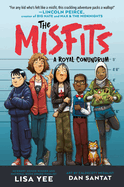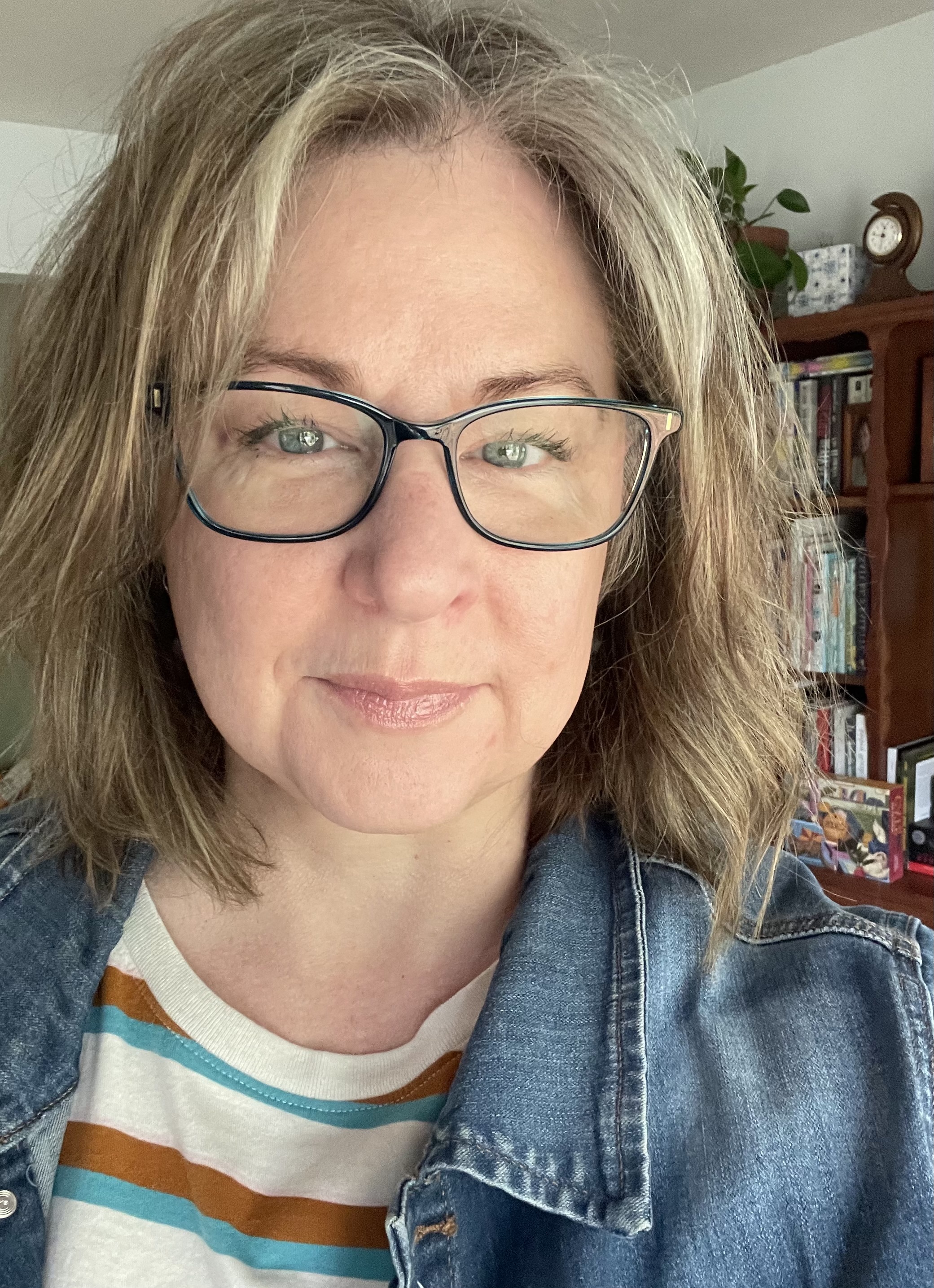 |
| Lanora Jennings |
Sales rep and former bookseller Lanora Jennings says that bookselling has long been and will continue to be an institution that cultivates a community of values that can act as an underpinning for a better world.
During Heartland Fall Forum in Detroit, Danny Caine and a panel of rockstar booksellers discussed the future of bookselling, with many references to his latest book, How to Protect Bookstores and Why: The Present and Future of Bookselling. Audience members were encouraged to fill out a postcard with their own ideas, presumably to be gathered and presented as a collective vision. I left my postcard blank--3x5 inches simply wasn't enough room. I have spent the past three years researching the Past of Bookselling.
Of the many barriers women suffragists broke through, one was bookselling, and in doing so they altered the bookstore space. They brought the domestic into the commercial. Many bookstores now had comfortable chairs and curtains. Children were welcomed as customers and encouraged to touch and experience the books. They held story times, classes, public discussions, and poetry readings. Booksellers brought their circle of friends together over cocktails in the garden behind the bookstore to meet little-known authors like Robert Frost and D.H. Lawrence. They built a community around books.
In the mid 19th century, booksellers risked their stores and their lives taking a stand against the multiple waves of conservative battling "flagitious materials." They sold illegally imported copies of Joyce's Ulysses from secret back rooms. Vice societies and police raided their stores and permanently seized their inventory. Booksellers sold contested books to known "undercover" vice agents with the deliberate intention of getting arrested, pushing the issues all the way to the Supreme Court and testing the boundaries of the First and Fourteenth Amendments. The resulting decisions became precedent, shaping how we define obscene materials today. Bookselling became a political act--a challenge to authority.
When second-wave feminists became frustrated by a lack of access to materials by and for women, they were told by many publishers that there was no market for that type of book. In response, they started their own presses. To sell those books, they opened feminist bookstores. These booksellers created safe places for women and the queer community. The owners of these stores collaborated with each other across the country. They pushed back against the white, male-dominated publishing world by lobbying to bring books by women and people of color into print. They emphasized the importance of diverse representation in the books on their shelves and protested books of cultural appropriation. Proving that there was a strong market for these books, they became victims of their own success. The major publishers finally got the memo, expanding their publishing range. The major national chains put in "women's studies" sections and discounted the books. Bookselling was a platform for progressive change--a cultural and political expression of values.
When the predatory and unfair business practices of the chains and online retailers silenced the voices of so many booksellers, the remaining rallied. Fighting in both the courts and the court of public opinion, booksellers sent a message to the world. They gave fuel to the buy local movements, participated in economic studies, and spread the message that the cultural work of the bookstore in their community has significant value and that there is a significant hidden cost in discounted prices. Booksellers proved there is a big difference between a bookseller and a company that happens to sell books--spreading the idea that the true profit in bookselling is the social profit--the impact of the bookshop on the community.
Our bookseller ancestors have passed down through the generations a set of values, customs, and practices that define bookselling today. Social scientists define this as a culture. This is a culture that challenges authority, questions, and expands its political and cultural viewpoints, is open to change, and explores new ways to create community. I don't know precisely what our future looks like, but if our past informs our future, bookselling will continue to be an institution that cultivates a community of values that can act as an underpinning for a better world.
Note: Written with a nod and gratitude of the late David Schwartz of the Harry W. Schwartz Bookshops in Milwaukee, Wis. (1927-2009), who eloquently expressed these values many years ago in this way: "Bookselling is a cultural and political expression, an expression of progressive change, of challenge to oppressive authority, of a search for a community of values which can act as an underpinning of a better world. The true profit in bookselling is the social profit; the bottom line, the measure of the impact of the books on the community."
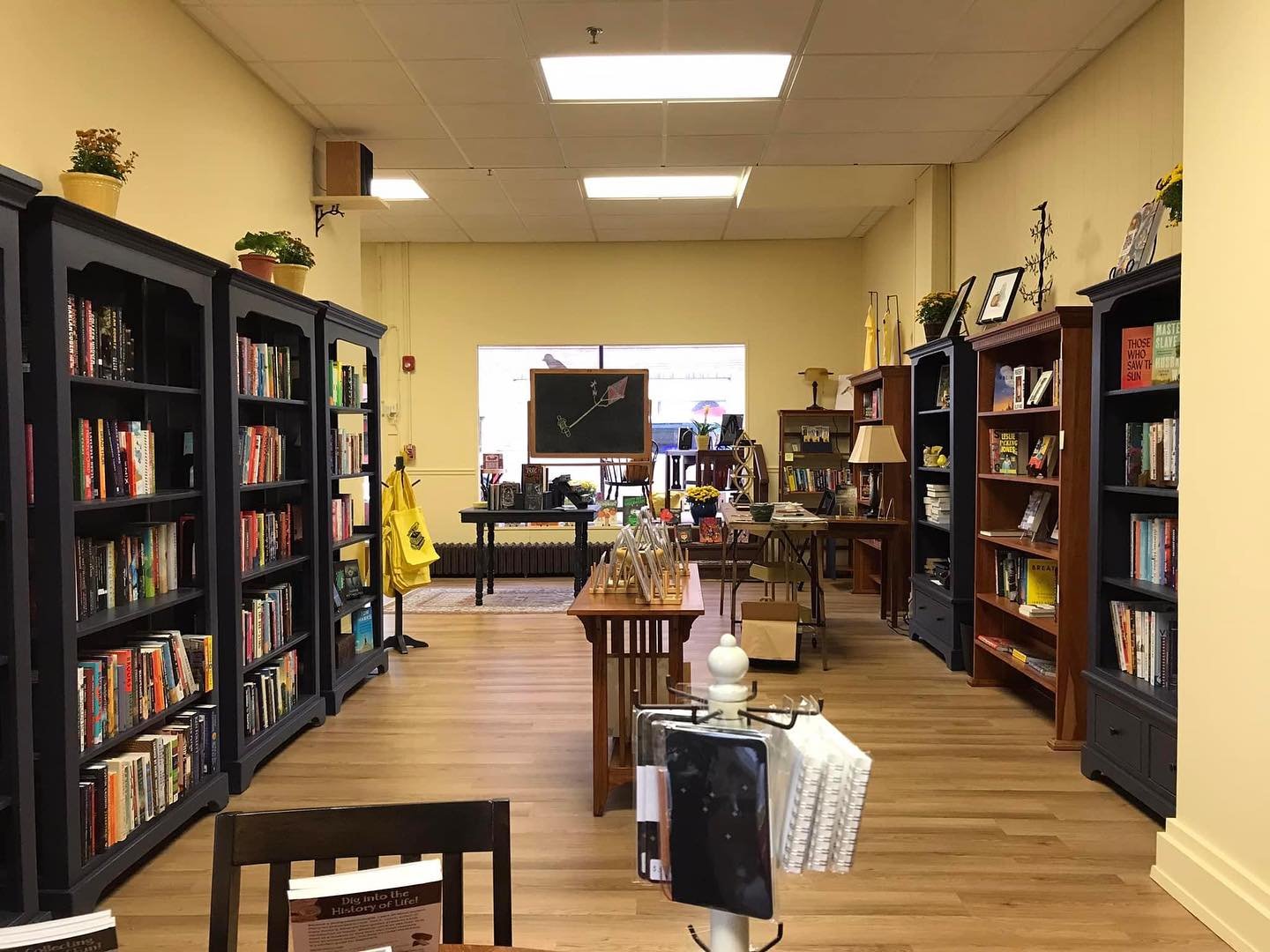 Yellow Bird Books has opened at 34 S. Stolp Ave. in downtown Aurora, Ill., in the historic Keystone Building, which "has undergone a recent renovation turning the one-time offices on the upper floors into apartments," the Beacon-News reported.
Yellow Bird Books has opened at 34 S. Stolp Ave. in downtown Aurora, Ill., in the historic Keystone Building, which "has undergone a recent renovation turning the one-time offices on the upper floors into apartments," the Beacon-News reported. 










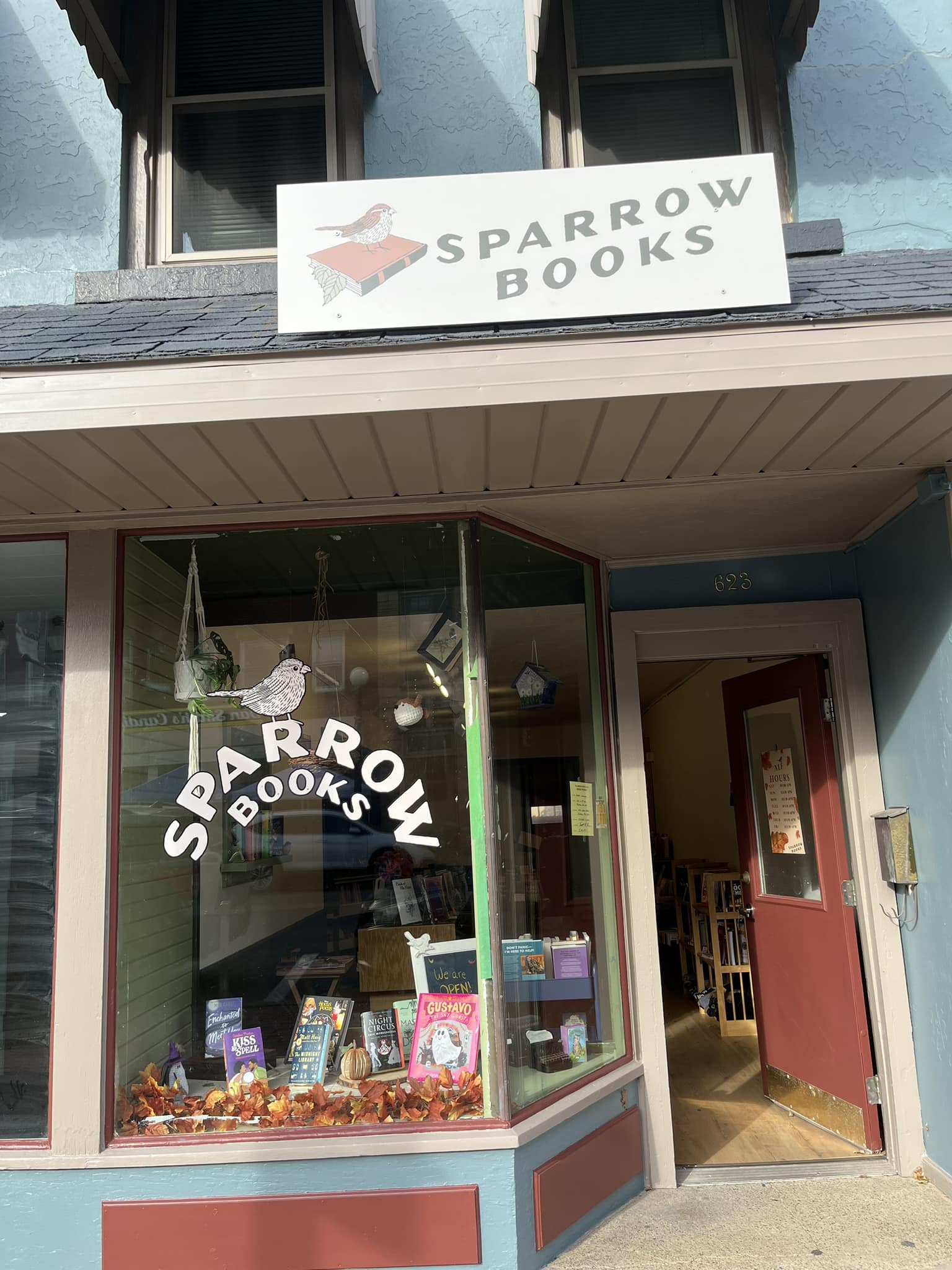 Sparrow Books
Sparrow Books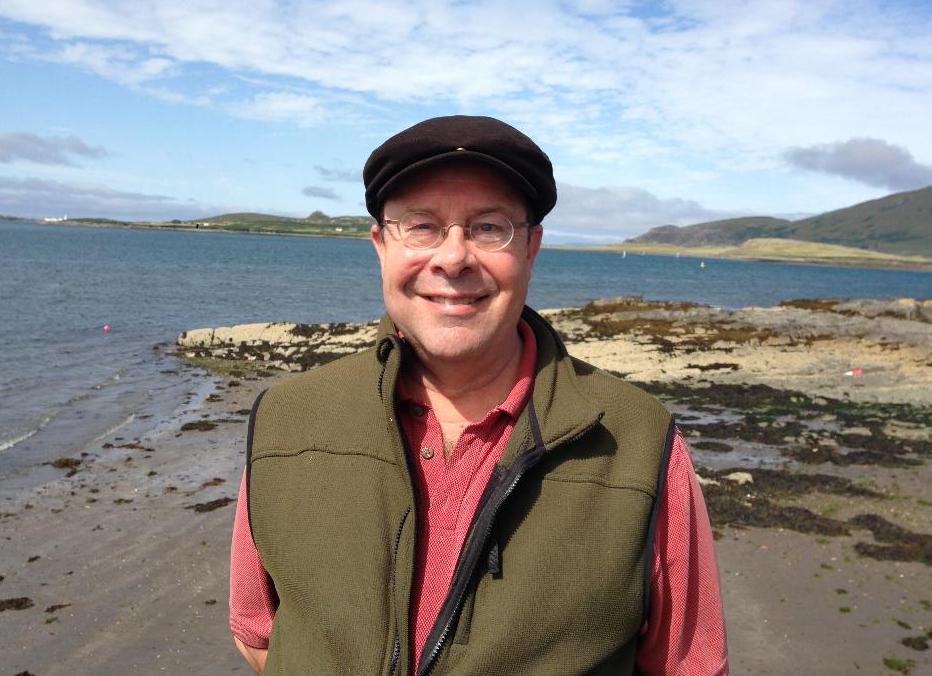
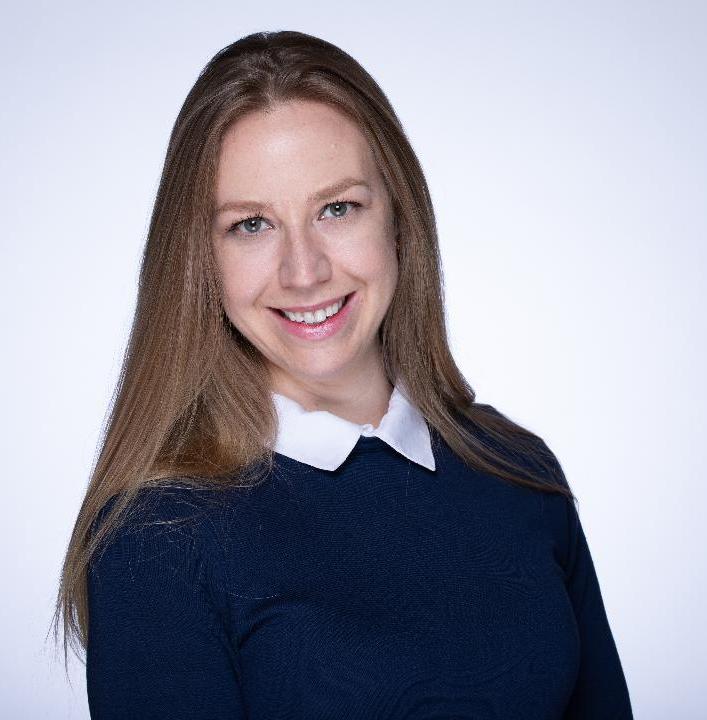
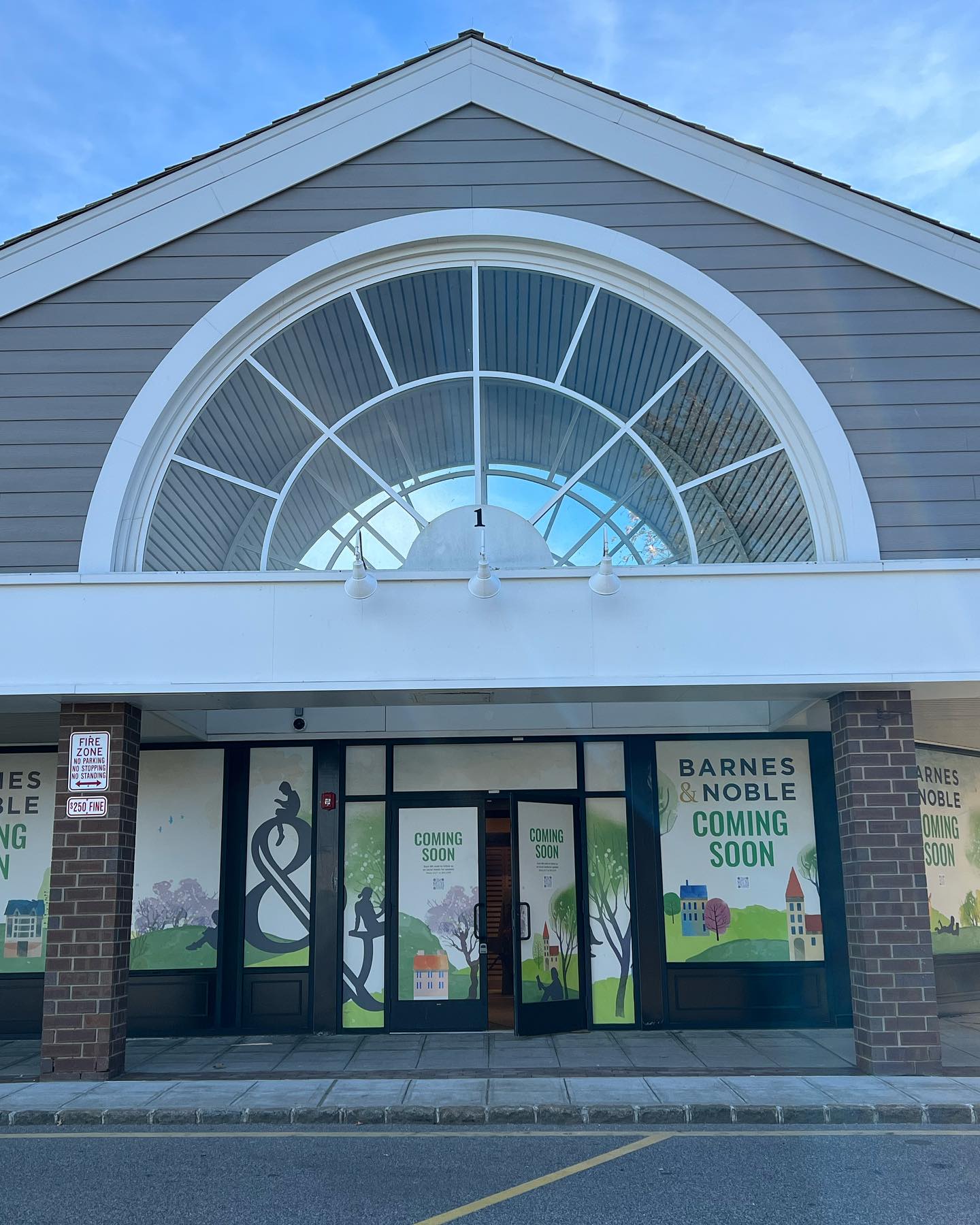 Barnes & Noble's
Barnes & Noble's 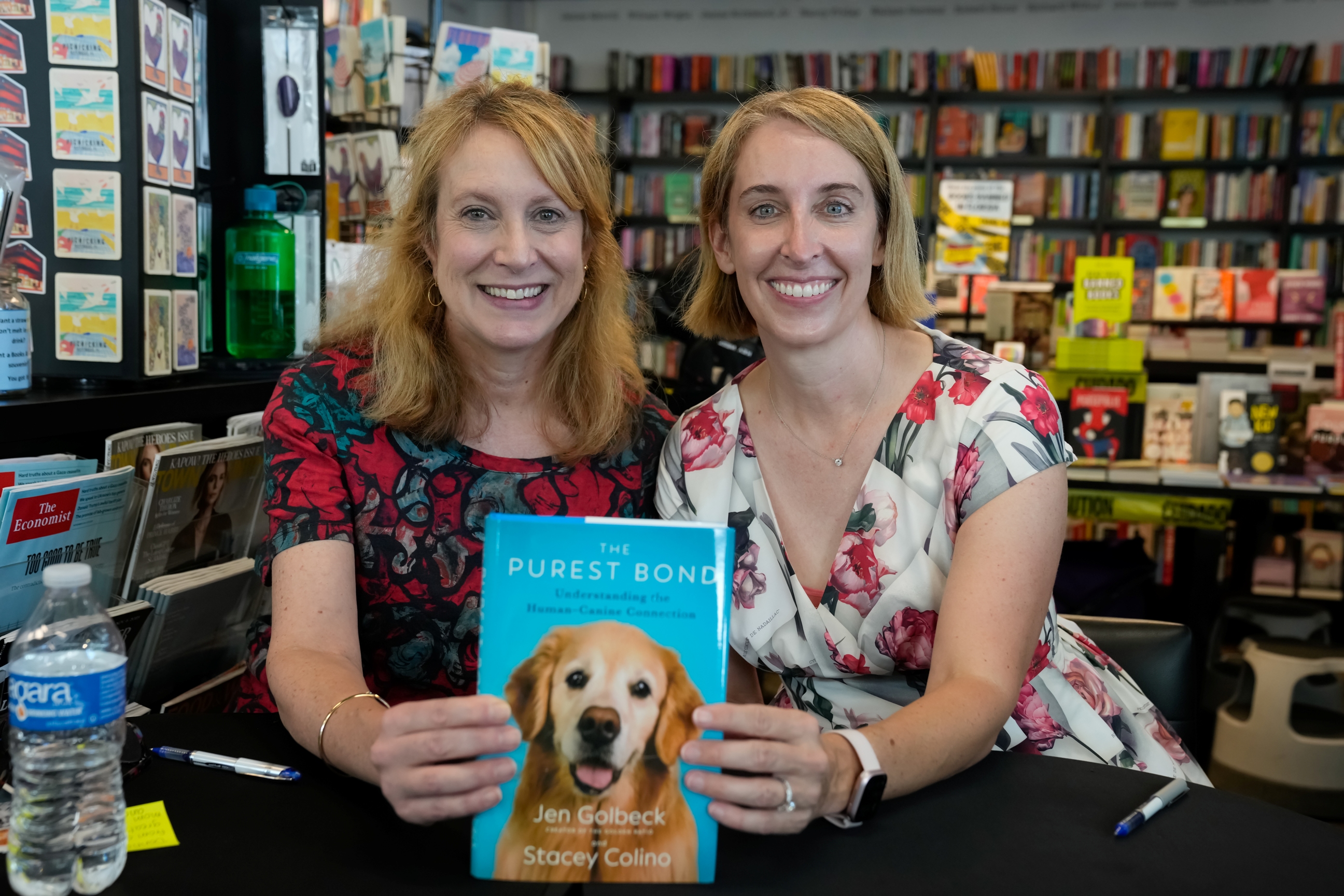 Stacey Colino (l.) and Jen Golbeck (r.) signed copies of their new book, The Purest Bond: Understanding the Human-Canine Connection (Atria), at
Stacey Colino (l.) and Jen Golbeck (r.) signed copies of their new book, The Purest Bond: Understanding the Human-Canine Connection (Atria), at 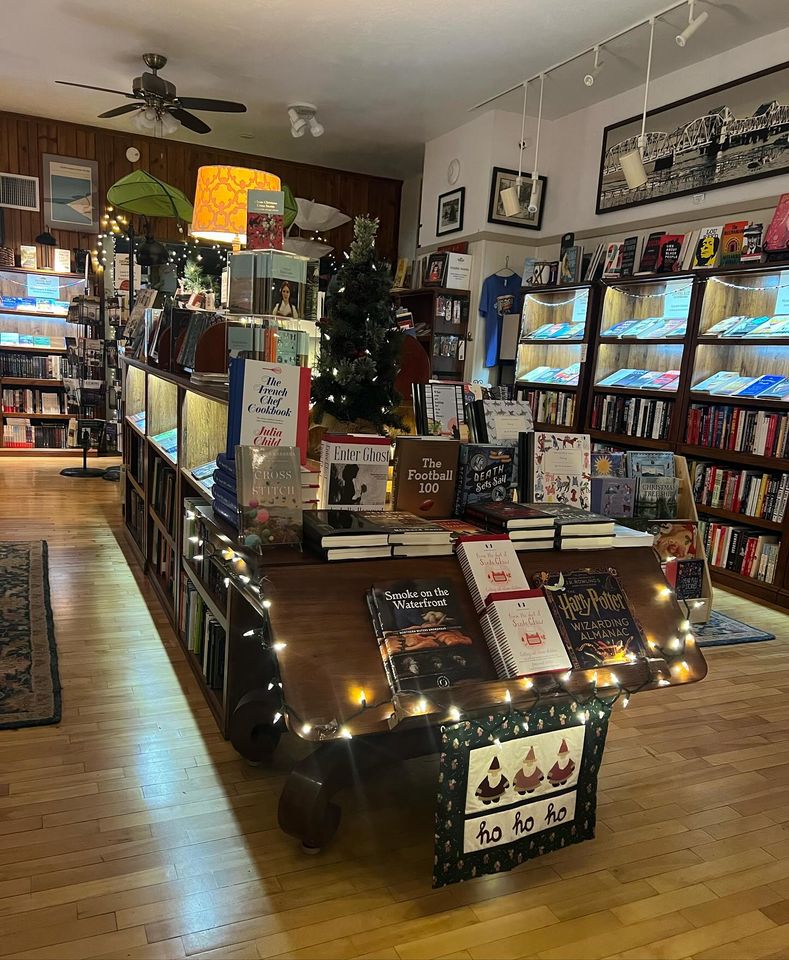 "
"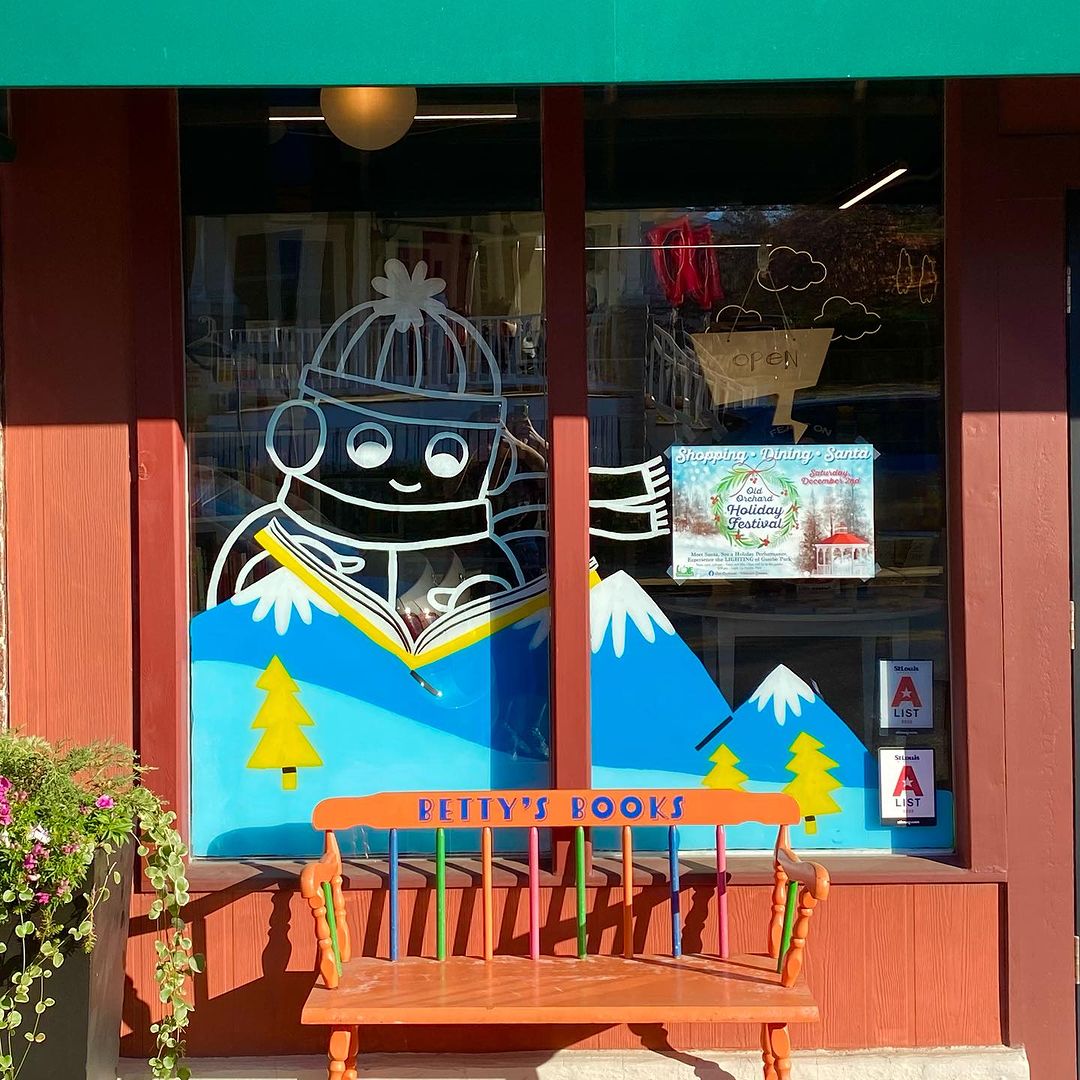
 Quiet Voice, Awesome Power: Connect with Spirit, Enlist Divine Help, and Live Your Most Potent Life
Quiet Voice, Awesome Power: Connect with Spirit, Enlist Divine Help, and Live Your Most Potent Life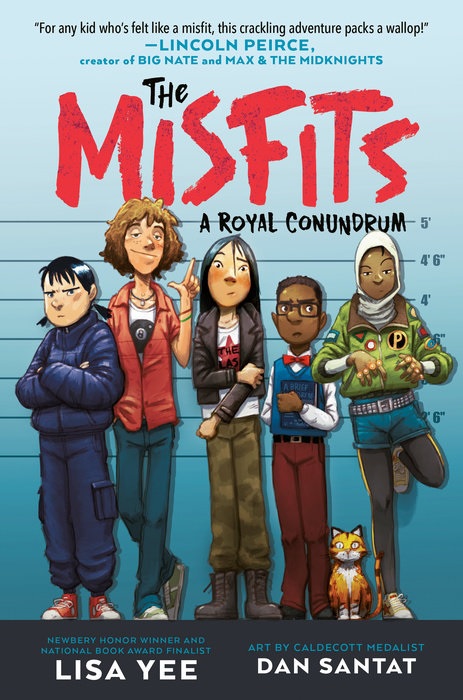 National Book Award finalist and Newbery Honoree Lisa Yee (
National Book Award finalist and Newbery Honoree Lisa Yee (